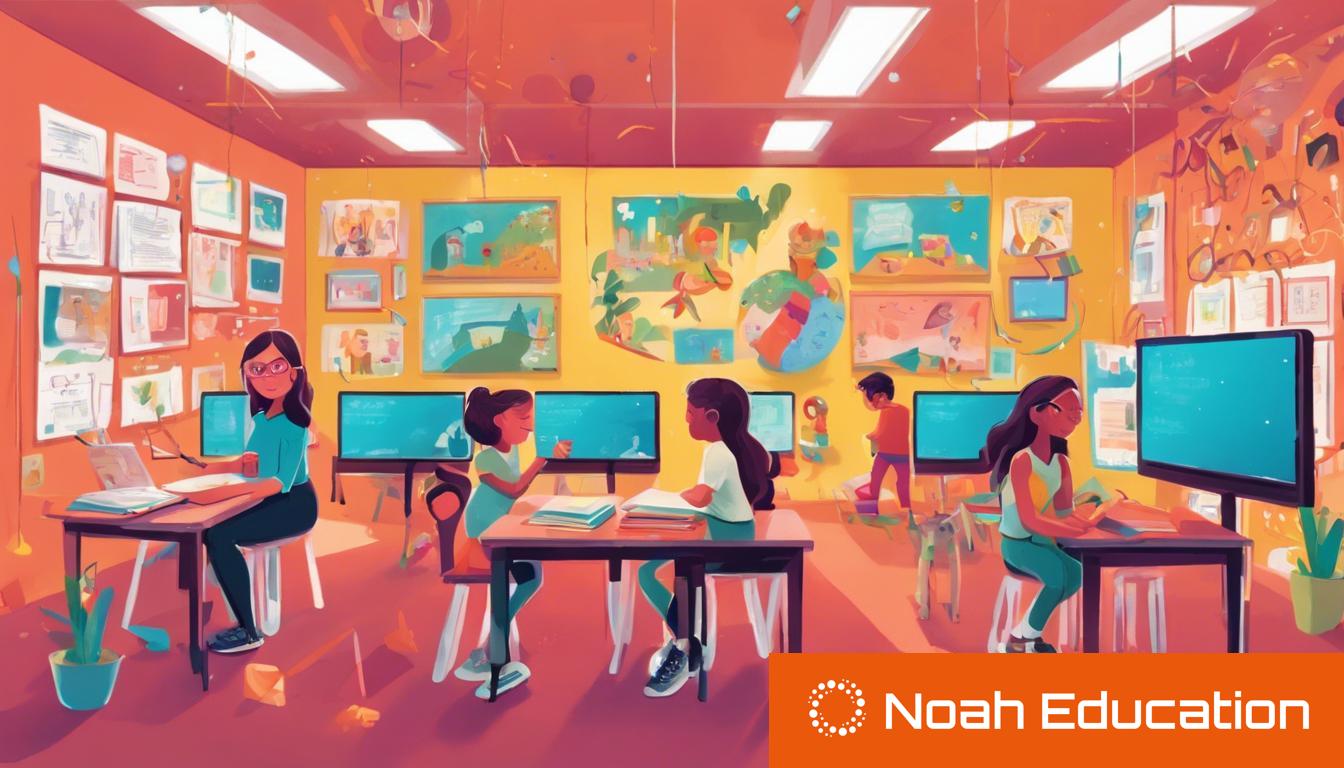A study by Kindred2 reveals significant developmental delays in children starting primary school, including issues with toilet training, pointing towards a need for greater investment in pre-school education and collaboration between parents and schools.
A recent study has raised concerns about the readiness of children entering primary schools in the UK, revealing that a significant number of new students are not equipped with essential skills, including being toilet trained. The research conducted by the early years charity Kindred2 found that not only do half of the parents surveyed not view toilet training as solely their responsibility, but teachers are also dedicating an average of 2.5 hours daily to assist children who are not developmentally prepared for Reception.
The findings indicate that challenges such as handling a pencil, dressing independently, basic language skills, and adapting to non-digital formats like books are prevalent among newcomers to primary education. This situation seems to have been exacerbated by factors including increased screen time and the socio-economic implications of the cost-of-living crisis. Despite 91% of parents believing their children were ready for school, teachers’ feedback paints a different picture, highlighting a disconnection between parental perceptions and educational expectations.
The survey also points out that the readiness gap has widened, a trend that has been worsening over the years, but more noticeably after the pandemic. With a quarter of new primary students lacking toilet training, the issue underscores significant developmental delays that could impact educational journey and well-being.
Experts, including Geoff Barton from the Association of School and College Leaders, have emphasized the critical role of early years education in preparing children for school. The discussions suggest a need for investment in pre-school education and a collective approach involving both parents and schools to ensure children develop the necessary skills for a smooth transition into their academic lives.
The Department for Education has recognized the importance of addressing these readiness challenges, implementing strategies aimed at bolstering children’s development through training and expert guidance provided to early years practitioners. This concerted effort aims to mitigate learning gaps and support children’s academic and social growth from the outset, acknowledging the lasting implications of early educational experiences on future success.













